Can electric vehicle Carbody beds truly solve the last-mile logistics challenge in urban areas? Electric vehicle Carbody beds offer significant advantages in addressing the last-mile logistics challenge in urban areas and can effectively address this issue.
From a cost perspective, electric vehicle Carbody beds have a clear advantage. Traditional fuel-powered vehicles in urban logistics face rising fuel prices and persistently high operational costs. In contrast, electric vehicle Carbody beds utilise electric-powered vehicles, resulting in significantly reduced operational costs.
New energy vehicle Carbody beds eliminate the need for regular maintenance items such as engines, air filters, oil filters, and fuel filters. The after-sales repair and secondary maintenance costs of electric logistics vehicles are also significantly reduced, further alleviating the operational burden on logistics companies.
Currently, many cities across the country are competing to become model cities for green freight delivery, imposing numerous restrictions on the operation of traditional logistics vehicles. However, new energy logistics vehicles enjoy preferential treatment. They are not restricted from entering cities and can also enjoy reductions in toll fees and parking fees, thereby addressing issues such as prolonged delivery cycles and weakened timeliness caused by road access restrictions.
The intelligent features of new energy vehicle Carbody beds also contribute to solving the last-mile problem. By leveraging big data and cloud platforms, vehicle functionality is enhanced. Intelligent algorithms plan optimal delivery routes based on real-time traffic conditions, traffic restrictions, and vehicle range information, effectively avoiding traffic congestion, reducing energy consumption, and improving delivery efficiency.
Can electric vehicle Carbody compartments truly solve the last-mile problem in urban logistics? From practical application cases, the Weitu Z35 pure electric box truck, specifically designed for urban transportation and delivery, addresses the ‘last-mile challenge’ in urban logistics, offering advantages such as low noise, environmental friendliness, and low operational costs, fully meeting the needs of urban logistics and transportation.

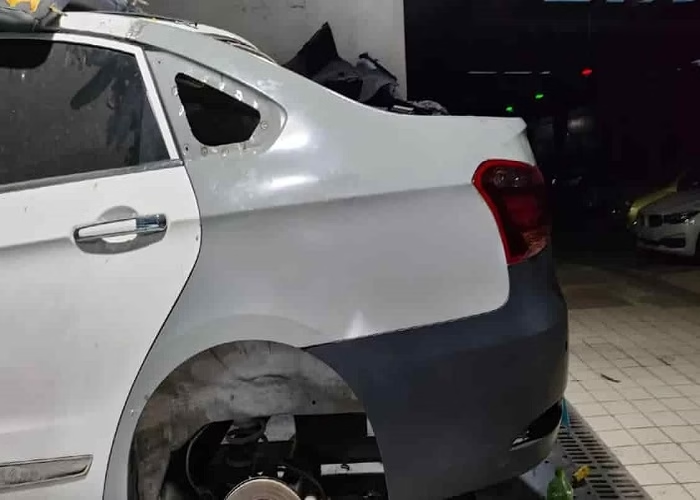
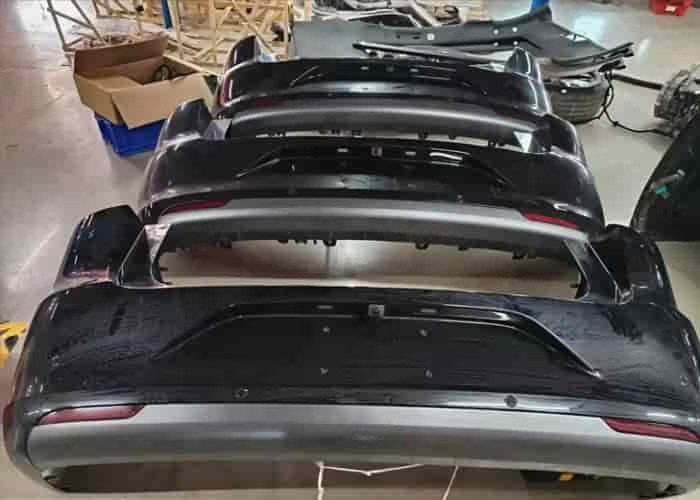
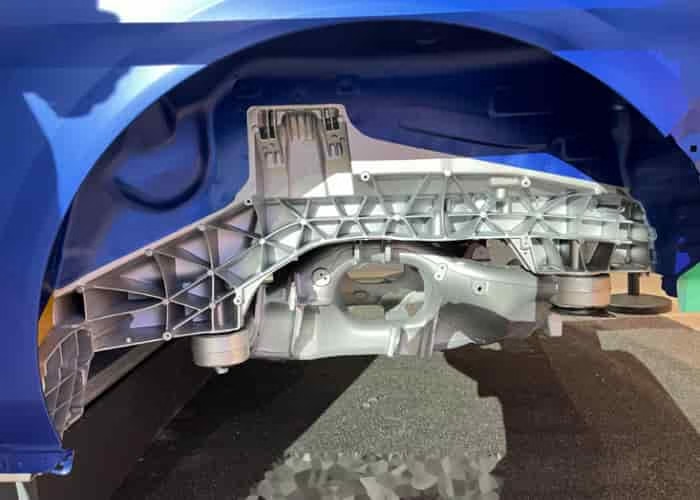



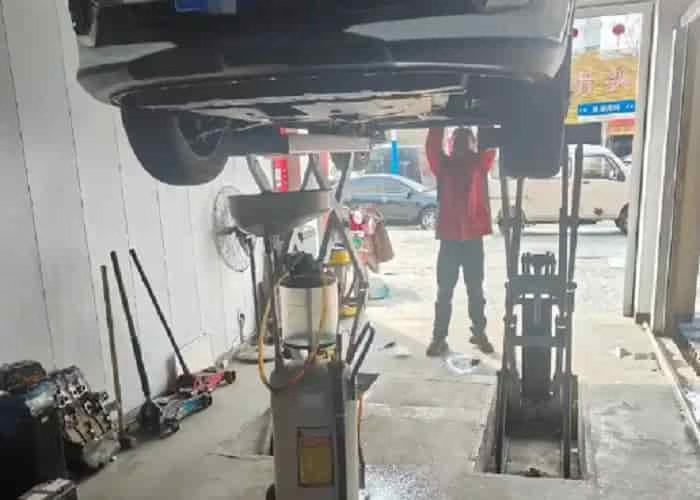
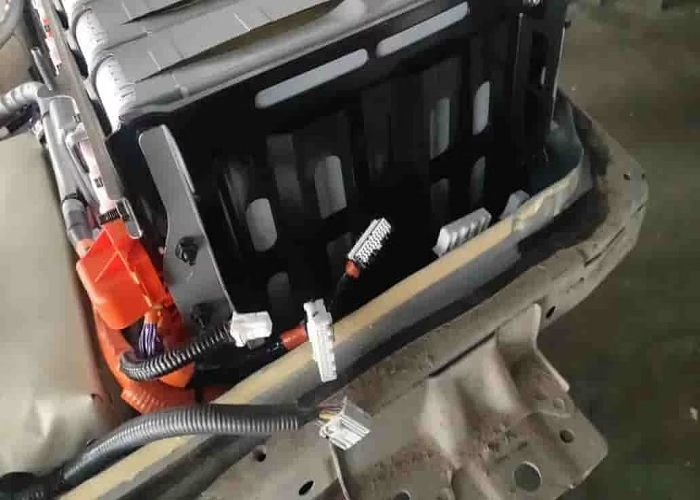
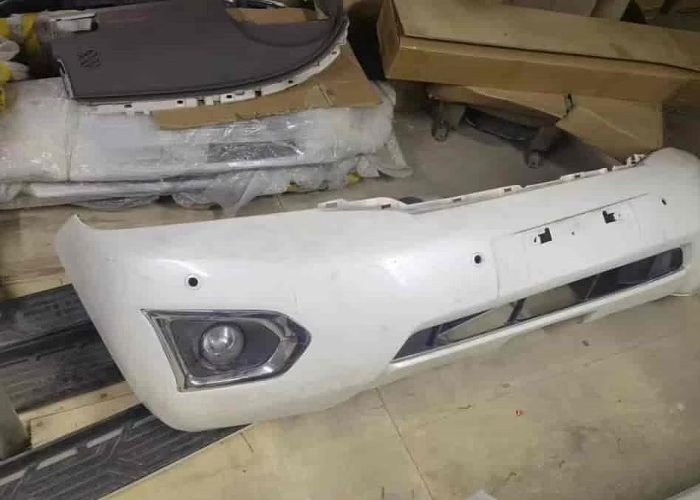
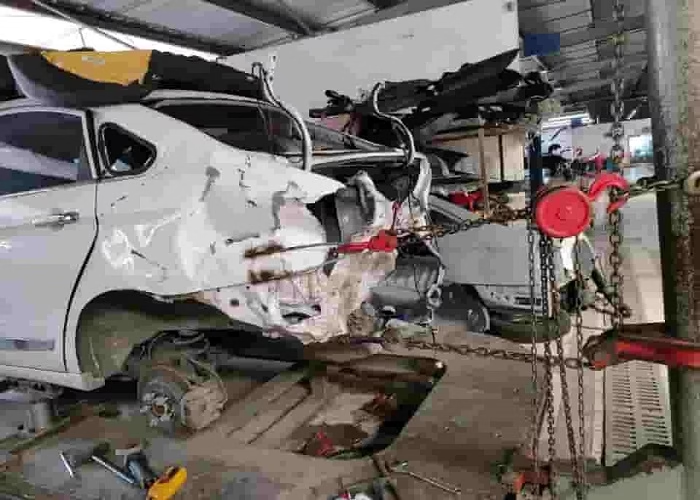



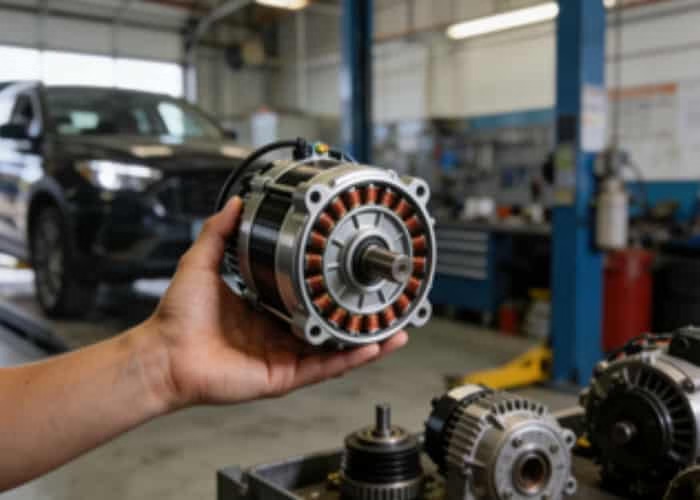
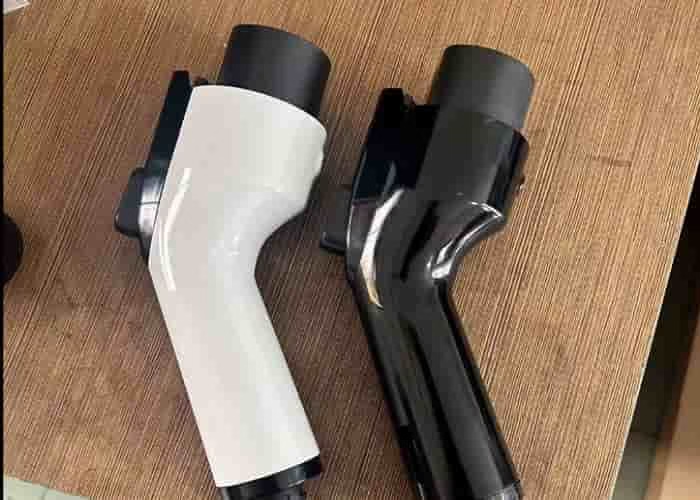
Leave a Reply